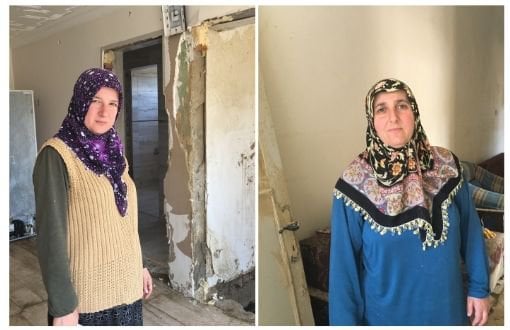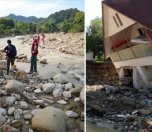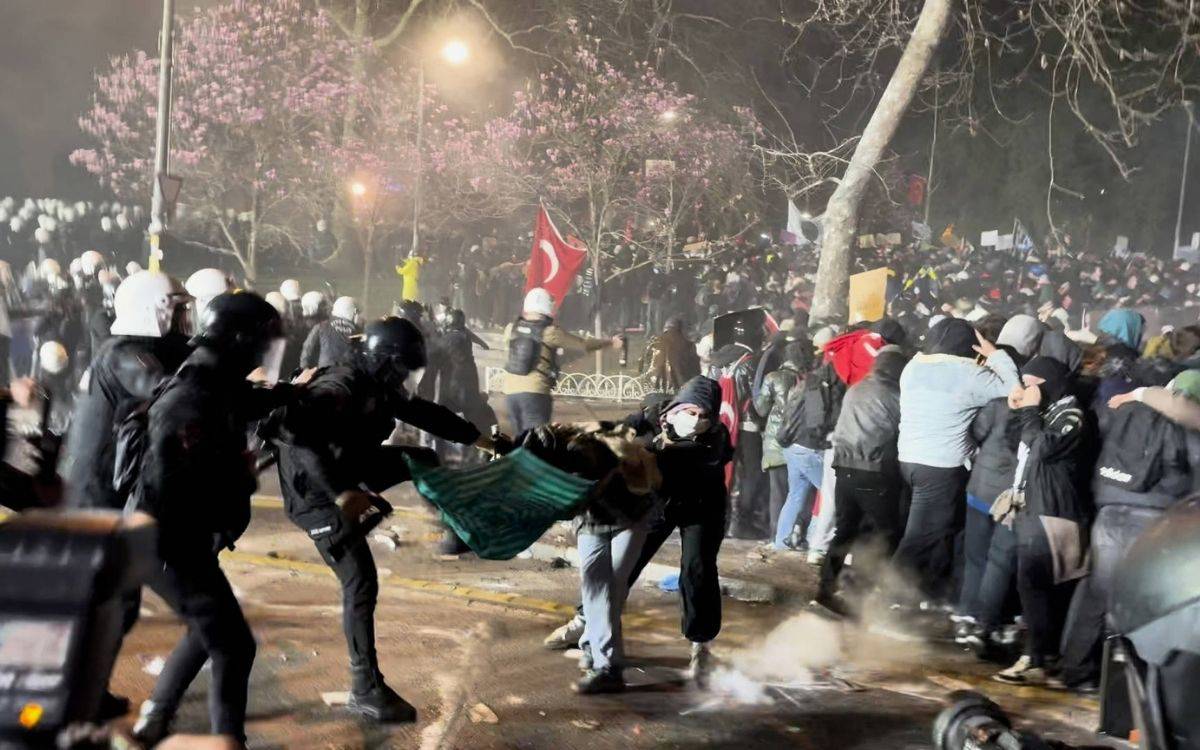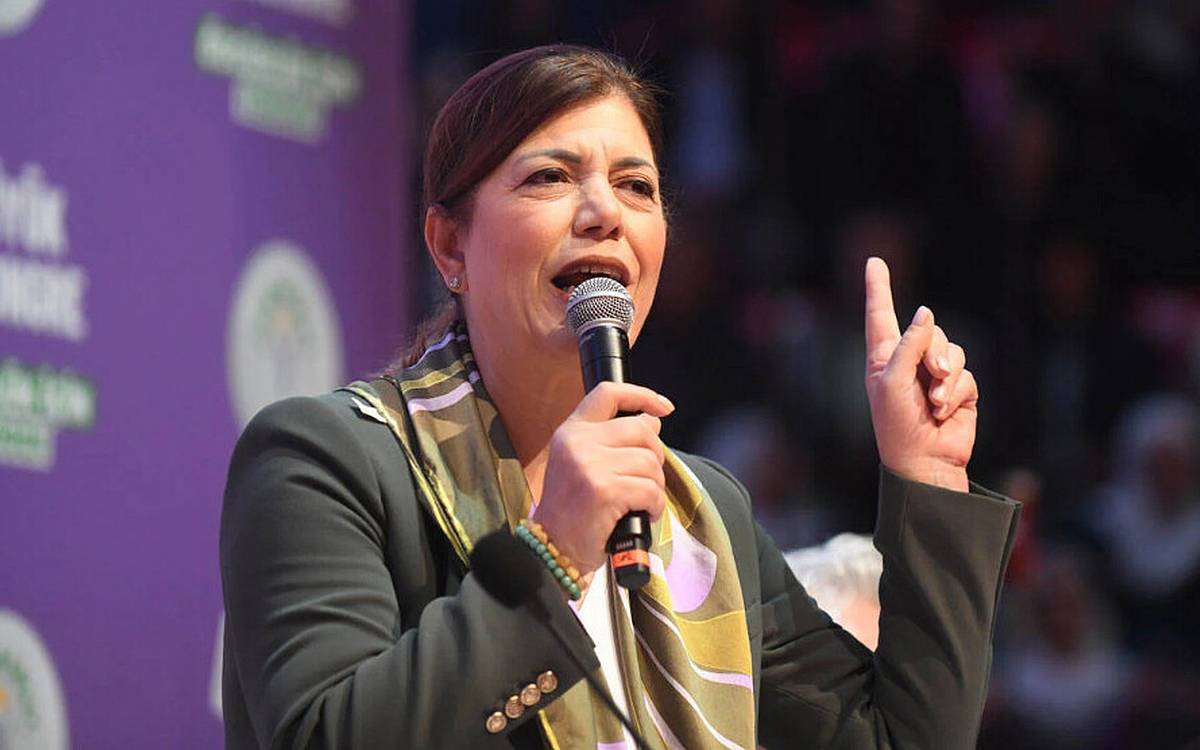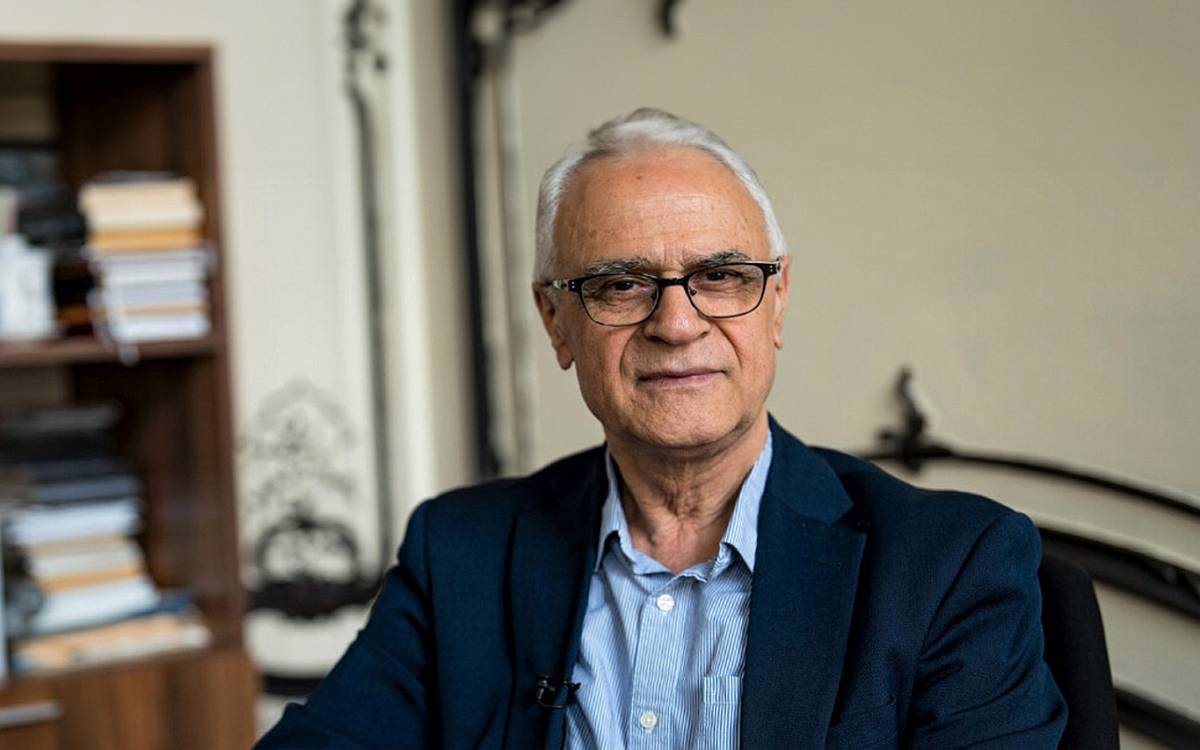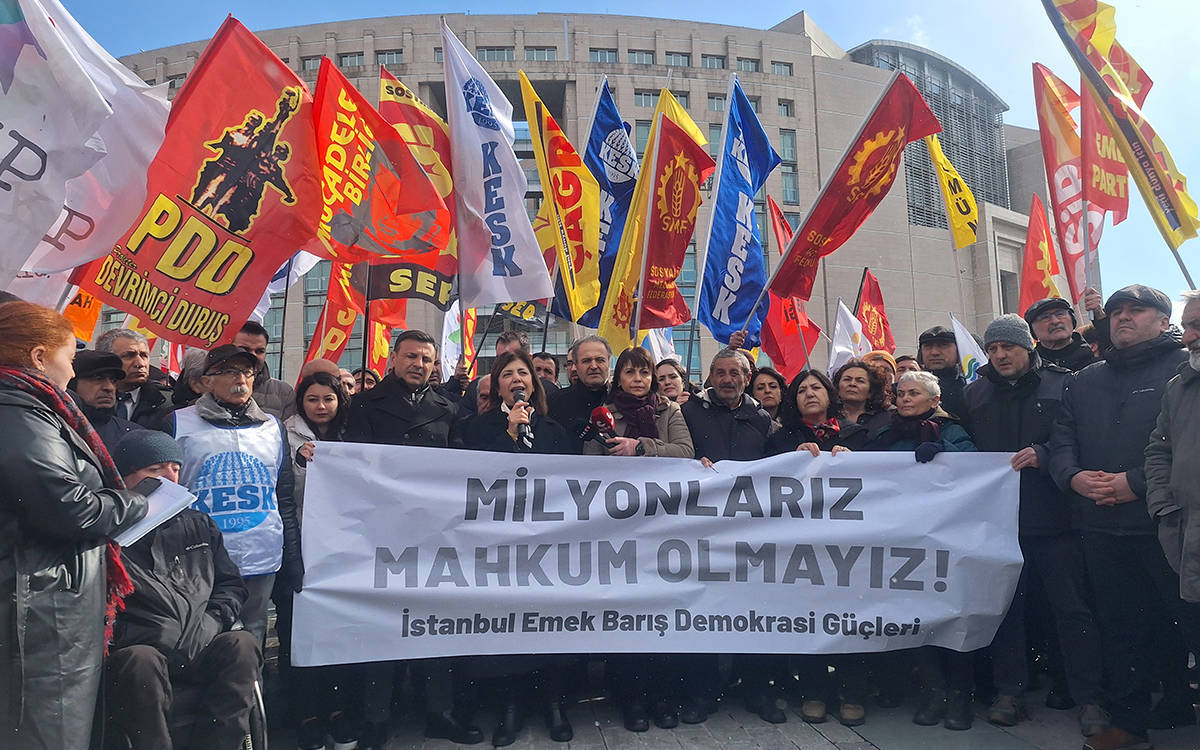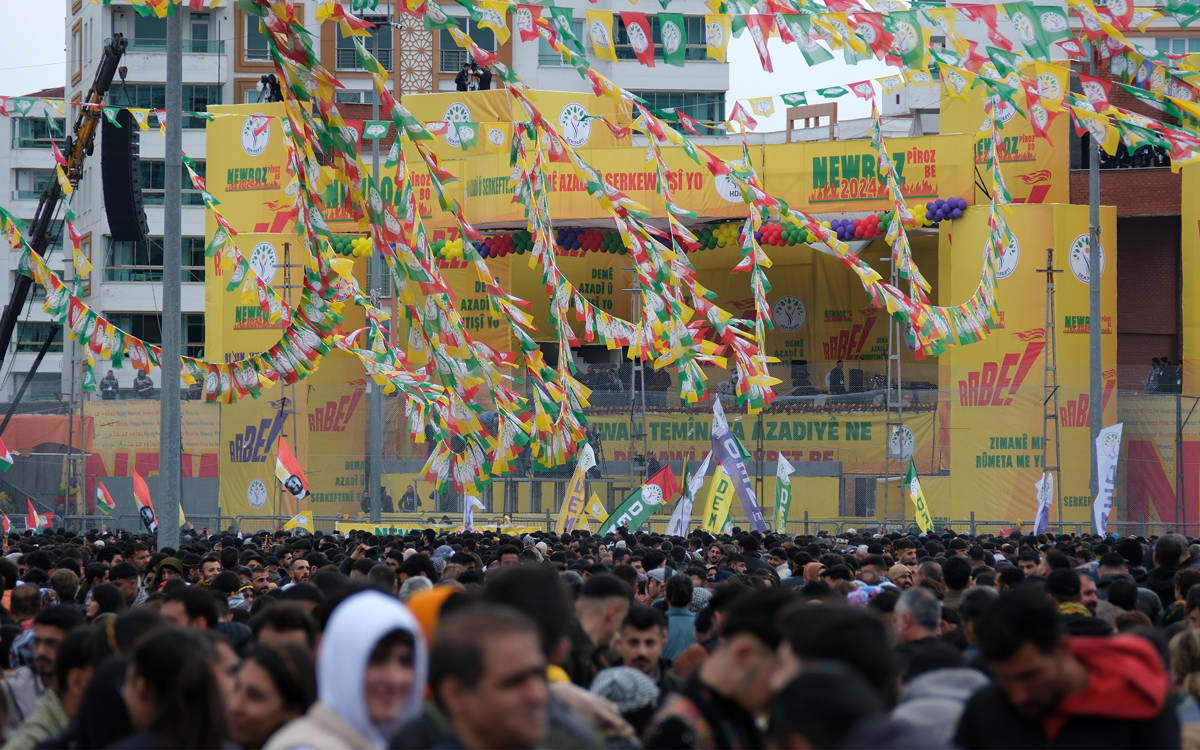*Photos: Ruken Tuncel / bianet
Click to read the article in Turkish
Twelve days have passed since the flood disaster in Esmahanım and Uğurlu villages in Akçakoca district of the northern Düzce province. While seven people lost their lives, hundreds of houses are destroyed and damaged.
At the entrance of Uğurlu village, where we arrive after a four-hour trip from İstanbul, we smelled a strong odor that I thought was coming from animal carcasses.
The smell, growing stronger in the village, is not anyone's priority right now. Almost all the people whom we talked to say that disinfestation is limited to certain areas.
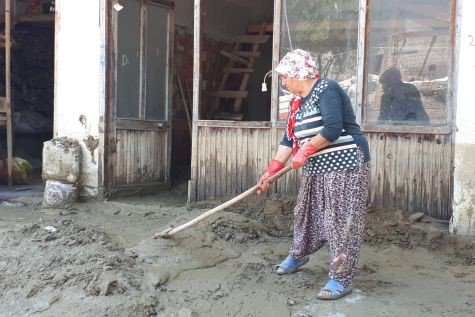
When I come to the village square, I see a horrible view that the villagers say it is actually better now. Trees are toppled, the community clinic became unusable, little hills are formed by drying mud.
At first sight, the village looks like abandoned. Nothing is seen apart from earthmovers.
When I move on to the area where homes were submerged into the water, I see people sitting in front of homes, which are cleaned from mud but became unusable.
"It is a miracle that we survived"
.jpg)
After greeting the people and offering them get well soon wishes, we have a chat. Ömer Zorba says they are still unable to understand the disaster they experienced. "We hardly saved our skins. We lost everything, but I am grateful. The water was above our waists, it was rising. It is a miracle that we survived that disaster," he says.
I ask, "Were you warned before?" He says, "No," and adds, "What caused the flood is actually that our stream was narrowed. If they did not fill the streamside and build settlements there, if they built sustaining walls, such a disaster wouldn't occur. I hope this disaster teaches a lesson and works will be done."
"Actually, a much bigger disaster was escaped. Seasonal workers pitch tents on the side of the stream bed. If they were here, hundreds of people would die."
After Ömer Zorba, his wife Refika Zorba speaks with a tone a little concerned and a little desperate: "From white goods to armchairs, everything got muddy. Some of my belongings are lost in the water. My tractor and barn are under the rubble."
Showing the latest state of her home, she says, "Damage assessment was done but we don't have hope. We can't wait here, trusting the state. Some in the village say aids will come. The governor came to the village and said aid will be made. They appease us with these words but then there is nothing... They give us plenty of food and water, we don't have a problem with these, but the damage is different."
"Should we all died?"
.jpg)
Leaving the Zorba family, I go to the area where the earthmovers are working.
I come across to the Şen family. Saying "Welcome," İlyas Şen makes me sit next to him. "You see our state. What do I tell you more?"
We speak with Sevgi, Ilyas' daughter-in-law. While showing her home to us, she says, "Living in this village for 20 years, for the first time I encounter such a thing. If my mother-in-law didn't see the flood and notice us, I would have died with my husband and two children. Everything happened within minutes. We went out with pajamas. Even a teaspoon is not left from the house. We lost everything."
"When they first came for damage assessment, they said it is heavily damaged. We are told that it will be demolished and a ten-month house rent aid will be given to us. When the minister of environment came, he also pointed towards our homes and said they will be demolished. But they came again on Thursday but this time they said it was moderately damaged.
.jpg)
"All the houses near the streambed are gone. People from Esmahanım, the village above, came here being dragged. How do we continue to reside here? It rained three days ago, we couldn't sleep because of fear.
"The governor declared [Düzce] a disaster area on Wednesday, then withdrew [the declaration]. Why it was withdrawn? We couldn't make sense of it. Should the entire village be destroyed? Should we all died?"
"They say they will compensate our losses but I don't believe. They won't give us what our homes worth. They say they will give us options. What will they do? Will they indebt us? When the villages were being removed around the dam, they said 250 thousand liras for homes that are worth 100 thousand liras (~17,500 US dollars) and people were indebted. I think we will be like that too."
"Disaster are declaration was withdrawn because of the dam"
.jpg)
I come across Ahmet, who is getting water from a tanker. He asks the first question: "What will happen? Will they declare [Düzce] a disaster zone again? Why they declared and then withdrew?"
Ahmet says he suffered a damage of more than 100 thousand liras. When I tell him that the governor said the payments to the villagers have begun, he angrily replies, "There is nothing that paid to us, daughter. They come, write something down, and go. If there is payment, I don't know it."
"Moreover, I think, the disaster zone declaration was withdrawn because of the dam. Because if they declare a disaster zone, the dam will be trash. So, they think the dam, not us." (RK/EMK/VK)





